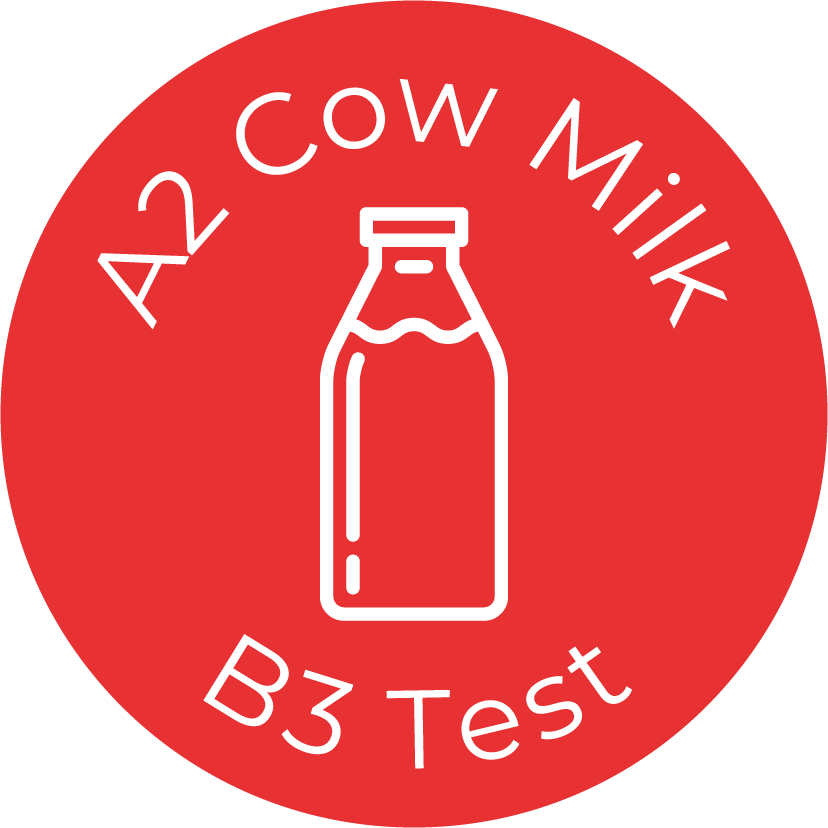A1 and A2 milk
Beta-casein makes up 30 percent of the protein in milk and comes in two forms – A1 and A2. The difference in the A1 and A2 beta-casein is an amino acid at the 67th position. A1 and A2 are present in different proportions, depending on the breed of the cow.
Breeds of cows
Originally, all cows produced milk containing the A2 beta-casein exclusively. However, migration and modern farming created a genetic mutation that lead some cows to carry both A1 and A2 beta-casein. Nowadays, a percentage of certain breeds of cows still carries the A2 protein variant only, but a test is needed to identify them accurately.
A2 milk – a growing market
The demand for A2 milk has been growing exponentially, and the market is expected to grow from USD8 billion in 2020 to USD21 billion in 2026. Dairy companies worldwide are motivated to produce A2 milk to respond to the consumer demand for a perceived healthier alternative to conventional dairy. As the interest in A2 milk grows, the milk industry faces an increasing need for proving the authenticity of the A2 milk they are offering.
DNAFoil® A2 Family - Validating the purity of the A2 dairy supply chain
Our A2 family of products is useful for breeders, dairy farmers, dairy processing companies, brands and other stakeholders involved in A2 milk verification. We believe our A2 family of tests can secure authenticity and enhance the global A2 milk ecosystem's transparency and trust.


